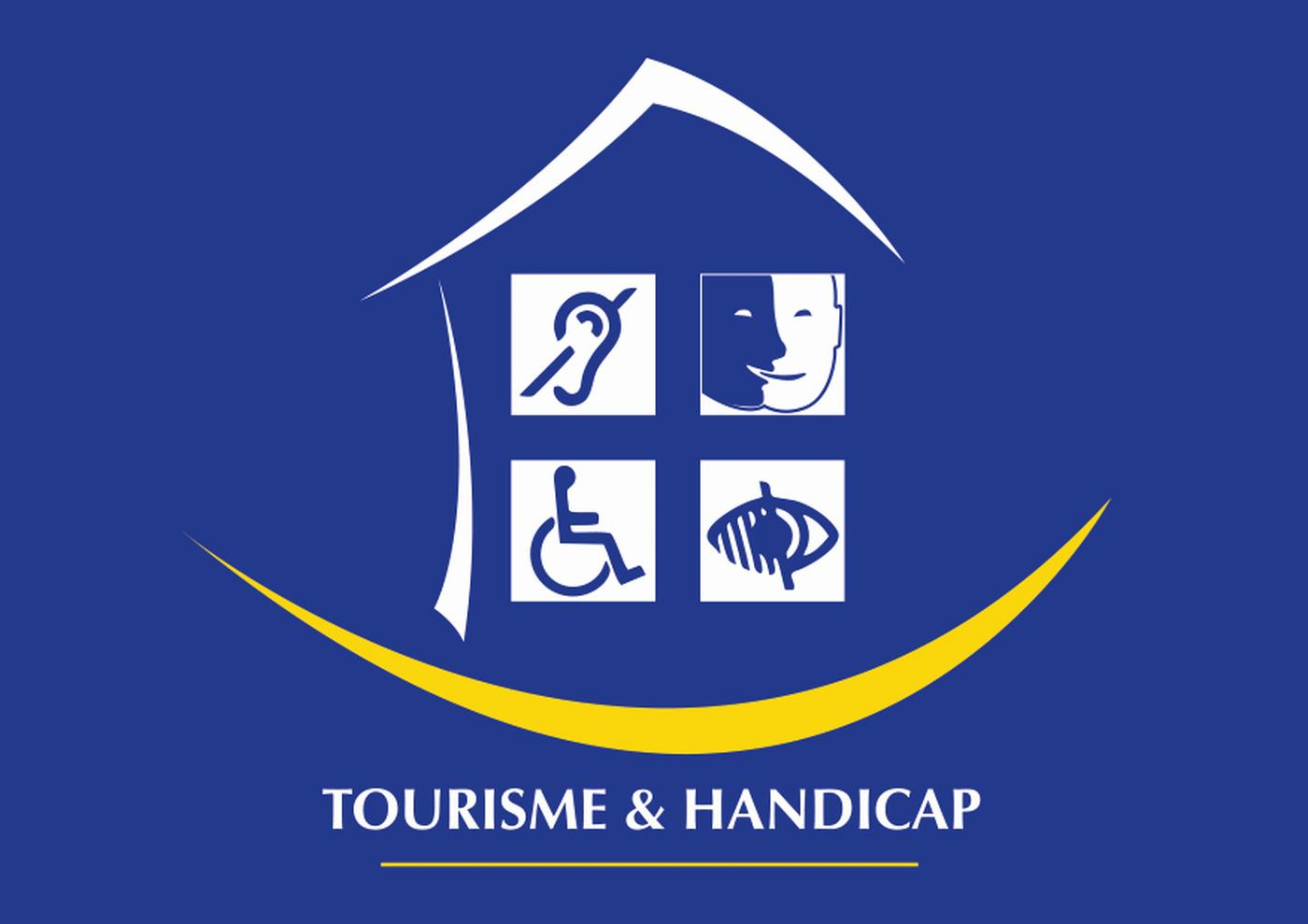Salon de Provence, Capital of oils and soap
Salon-de-Provence developed greatly in 1936 when the Air Force base and Flying School were set up in its district. But it first became well-known much earlier, in the 16th century.
Salon, half-way between the Alpilles Hills and Berre Lagoon, was where the prophet Nostradamus grew up. This world-famous visionary is still omnipresent in the town. You can visit his home, see his statue standing in the town centre, and study his strange and famous centuries. These disturbing predictions, written in the form of quatrain verses in groups of one hundred, continue to fascinate the public.
This town is in the heart of countryside dominated by olive groves. Salons olive oil industry began in the 15th century, and the town then successfully started to produce Marseille soap. There are still two small-scale soapworks operating.
The ostentatious houses built by the soap makers in the 19th century are worth a look.
The old town covers a hillock crowned by the Chateau de lEmpéri (Empéri Castle). Modern neighbourhoods spread around its foot, separated by a wide belt of shaded avenues. The castle, the former residence of the Archbishops of Arles; was largely rebuilt in the 13th century. Remarkably well kept, it is a must for visitors, particularly as there is an astonishing museum in the shadow of its towers, with a very detailed exhibition of military items and traditions over the centuries.
A few yards away, there are fine examples of Salons buildings, such as the Hôtel de Ville Renaissance (Renaissance Town Hall, 1665) with its classical façade, the Collegiate Church of Saint Laurent (14th - 17th centuries), a fine example of Provencal Gothic, the moss-covered fountain or Saint Michaels Church, with its two bell-towers.
Accessible for disabled
Salon, half-way between the Alpilles Hills and Berre Lagoon, was where the prophet Nostradamus grew up. This world-famous visionary is still omnipresent in the town. You can visit his home, see his statue standing in the town centre, and study his strange and famous centuries. These disturbing predictions, written in the form of quatrain verses in groups of one hundred, continue to fascinate the public.
This town is in the heart of countryside dominated by olive groves. Salons olive oil industry began in the 15th century, and the town then successfully started to produce Marseille soap. There are still two small-scale soapworks operating.
The ostentatious houses built by the soap makers in the 19th century are worth a look.
The old town covers a hillock crowned by the Chateau de lEmpéri (Empéri Castle). Modern neighbourhoods spread around its foot, separated by a wide belt of shaded avenues. The castle, the former residence of the Archbishops of Arles; was largely rebuilt in the 13th century. Remarkably well kept, it is a must for visitors, particularly as there is an astonishing museum in the shadow of its towers, with a very detailed exhibition of military items and traditions over the centuries.
A few yards away, there are fine examples of Salons buildings, such as the Hôtel de Ville Renaissance (Renaissance Town Hall, 1665) with its classical façade, the Collegiate Church of Saint Laurent (14th - 17th centuries), a fine example of Provencal Gothic, the moss-covered fountain or Saint Michaels Church, with its two bell-towers.
Accessible for disabled











